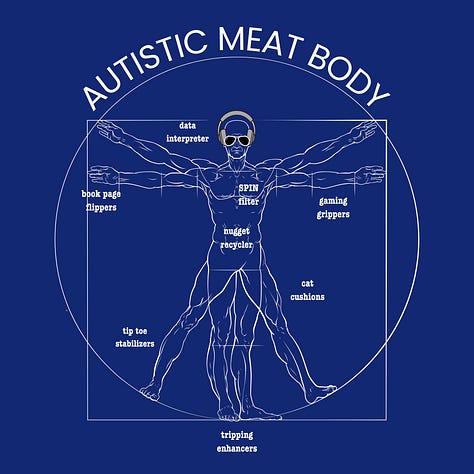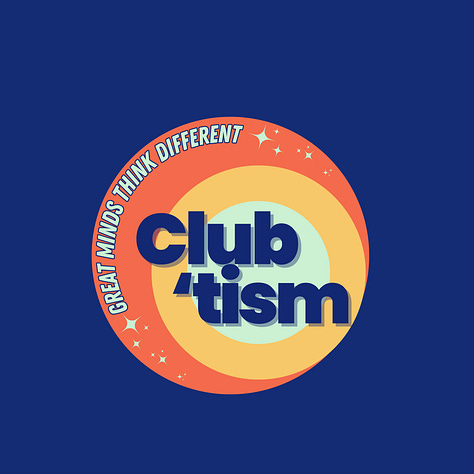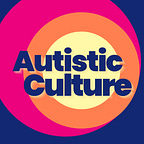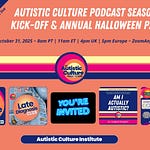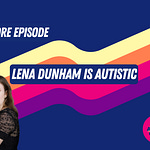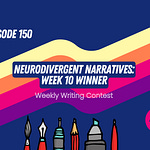In this episode of The Autistic Culture Podcast:
On this virtual culture trip, Matt and Angela take on Autistic food culture, specifically the relationship that autistic people have with food. They describe how food is important in any culture and give examples such as Cannolis for Italians, croissants for the French, and Chicken Tikka for the British.
Matt: My autism comes from my mother's family and looking back on it I found a picture of my family at Easter gathered around the traditional Throckmorton McNugget platter…and they literally went out and got lots and lots and lots of boxes of McNuggets, put them on a platter, arranged with sauces around it.
Angela: Wow.
Matt: That was normal for my family. Yeah, yeah, and of course through the autism lens you say, ‘Yeaaaaah.’
The podcast hosts explain that Autistic individuals develop personal relationships with food and often have safe foods and same foods. Safe foods bring joy, comfort, and peace when they are eaten, while same foods are foods that are so reliably satisfying to the autistic person that they eat them every day.
Parents are sometimes frustrated by autistic children’s approach to food, but as Autistic adults—we get it! The podcast hosts explain that same-fooding is different from picky eating. Same foods often need to be prepared in a specific way, eaten in a ritualistic manner, or may only be a specific brand. The pathology of forcing autistics to eat certain foods or judging their choices is criticized. Letting people eat what they want leads to better physical and mental health outcomes.
And like, it's not that we don't need to eat, but there are at least for me, if given the choice between eating something that I have an aversion to, and not eating, I will often pick not eating. Like it's not even like I was saying about that Deer Park water, like it's just not even an option. I mean, I guess if I was like, parched in the desert, maybe I'd have a sip, but like, not even really. —Angela
Not all autistic people have the same dietary preferences, and that the relationship that autistic people have with food can be influenced by sensory aversions, intensity of flavors, and texture. While many autistics gravitate towards bland, calming foods, some autistic people have sensory seeking pallets and add strong flavors and spices to their food.
The benefits of Autistic food culture are highlighted like efficiency, comfort, and the ability to focus on special interests instead of elaborate meal rituals. The hosts conclude that Autistic food culture should be celebrated for its comfort and community, not pathologized. Finding those who understand your food needs is key to feeling accepted.
What are some of your same foods? Tell us in the comments!
Safefood: The Medicinal Properties of Chicken Nuggets
Why do autistic people tend to samefood? Is it different than picky eating?
Episode 23: Dimensions of Autistic Culture
Episode 33: Warhol is Autistic
Find us on:
Follow our Instagram account!
Review us on Apple podcasts and Spotify
Follow us on Instagram
Learn more about Angela at AngelaKingdon.com
TACP’s Autism-affirming TeePublic merch shop
